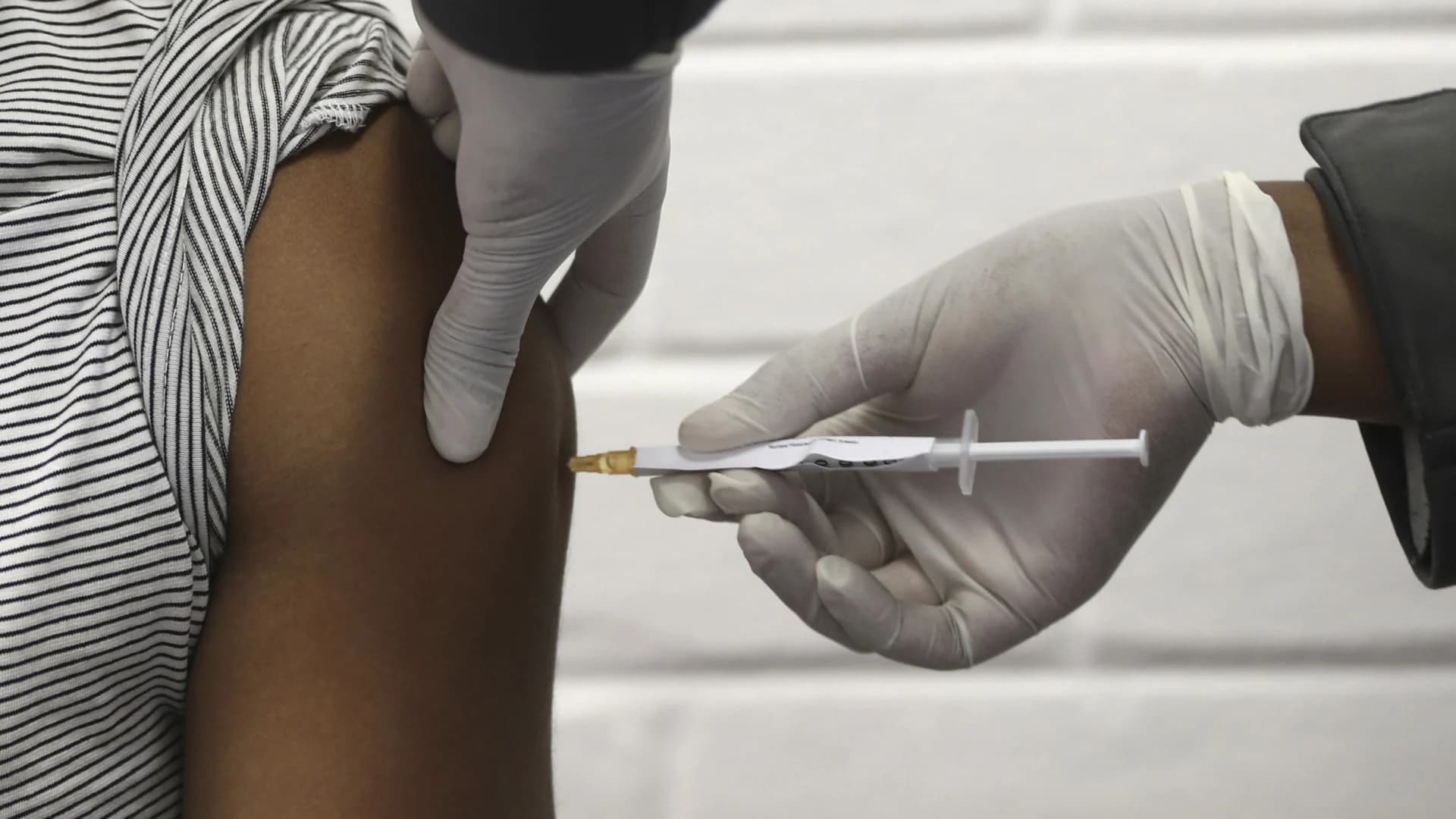More Stories

Developments are occurring rapidly in the global fight against the COVID-19 pandemic. New information has become available on vaccines and rapid self-testing. Here's what you need to know.
1. Pfizer says its vaccine effective rate is 95%
Following up on earlier news that put the vaccine effective rate at over 90%, Pfizer and BioNTech now places the rate at 95%.
2. So what now?
Pfizer plans to ask US regulators for emergency use of the vaccine. They are also looking for approval outside US borders. From the Associated Press: They also have begun “rolling submissions” for the vaccine with regulators in Europe, the U.K. and Canada and soon will add this new data.
3. Pfizer and BioNTech are very confident in the results
Representatives from the companies have expressed strong confidence in their vaccine. From the Associated Press: “This is an extraordinarily strong protection,” Dr. Ugur Sahin, BioNTech’s CEO and co-founder, told The Associated Press.
4. Can I see the data?
Pfizer has not released detailed data yet. It has also not been verified by independent parties.
5. The vaccine appears effective in higher-risk populations
From the Associated Press: Pfizer and BioNTech said the vaccine was more than 94% effective in adults over age 65, though it is not clear exactly how that was determined with only eight infections in the vaccinated group to analyze and no breakdown provided of those people’s ages.
6. When can I get the vaccine?
U.S. officials say they hope to have about 20 million doses available by the end of December. These doses will be prioritized to medical workers, health-care workers and individuals with serious health conditions. From the Associated Press: Pfizer and BioNTech said they expect to produce up to 50 million vaccine doses globally in 2020 and up to 1.3 billion doses in 2021.
7. What’s this I hear about a home test kit?
The FDA has approved the first at-home COVID-19 test kit for emergency use. It is a single-use test kit made by Lucira Health in California.
8. How long does it take? How does it work?
Individuals take a self-nasal swab. They then swirl it in a solution, plug the sample into a portable device and get results. The process takes about 30 minutes.
9. The home test could help keep more people safe
Medical experts say a quick home test will allow people who test positive to quickly quarantine and avoid contact with others instead of waiting for a lab result. This will reduce the risk of spreading the infection.
Information compiled with reporting from The Associated Press
More from News 12
0:25

MTA worker slashed in Morris Heights

City sanitation department issues snow alert
2:00

STORM WATCH: 4-8 inches of snowfall expected in The Bronx
0:23

Kwanzaa begins today celebrating African American heritage
1:35

Last MetroCard machine at Pelham Bay Park subway station
2:39
